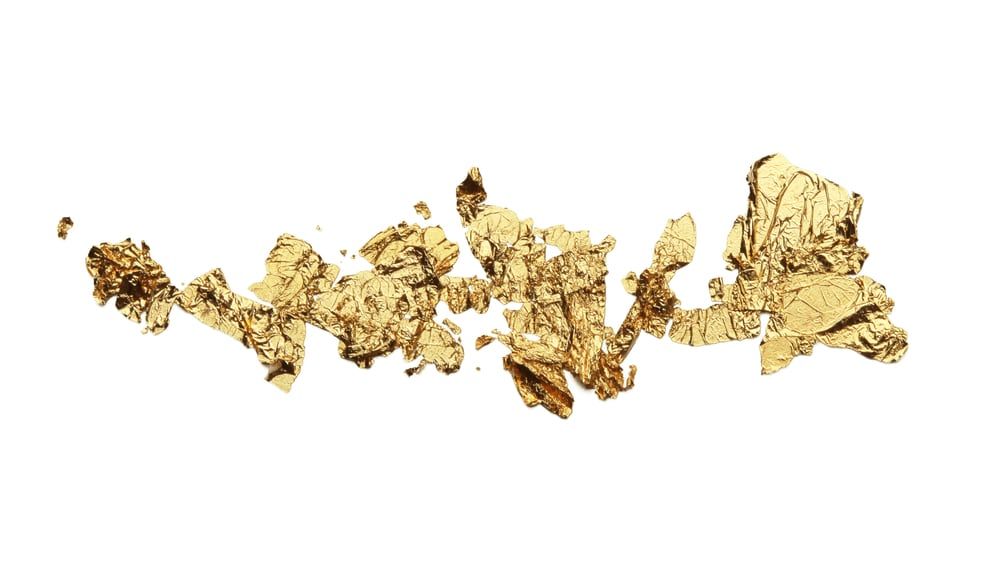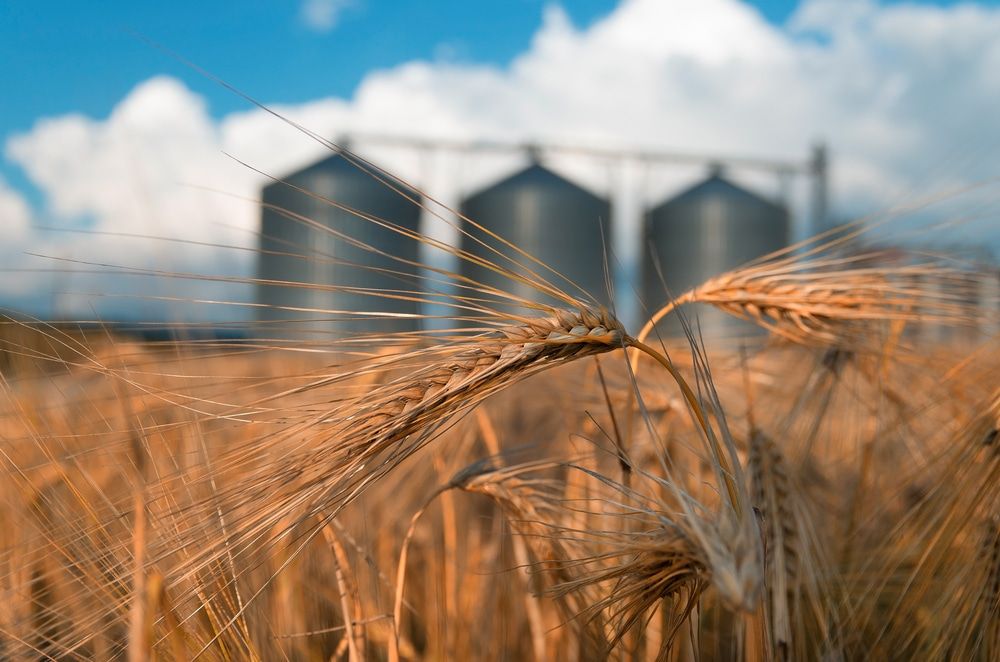Invest in commodities: why not you ?
Commodities are essential for the industry and the world economy in general. This makes investments in the sector particularly interesting. However, they are complicated for individuals.
Nevertheless, investors have the possibility to bet on these assets with products like CFDs or ETCs. These supports are as promising as risky. Caution is therefore advised.
Why invest in commodities? ?
The individuals often have difficulties to make a place for themselves in the market invest in commodities. Indeed, this market is dominated by speculators and large investors. Nevertheless, it is still possible to invest in this type of asset, directly or through financial products.
As the review of the broker Capital indicates.com, CFDs are among the best approaches in the sector.
Beyond the potential return, stability is the main interest in investing in commodities. In particular, they allow you to protect savings in case of a stock market crash or economic crisis. Moreover, materials such as gold traditionally represent real safe havens.
The price of the precious metal fluctuates, but is not very volatile over the long term.
These products also make it possible to protect yourself from inflation because of their intrinsic value. They are indeed real assets. Thus, the rise in prices leads to an increase in the value of raw materials. This phenomenon comes from the conservation of their use value.
In concrete terms, one kilogram of wheat will produce the same volume of flour as one kilogram of wheat. Its price is therefore in line with inflation.
On the other hand, raw materials contribute to the diversification of the portfolio individuals wishing to invest in the stock market. Indeed, their performance is not linked to the usual assets such as shares, currencies, bonds… You improve the protection of your capital against the vagaries of the markets.
Which raw materials to buy ?
The faith in gold is not enough for investing in commodities. You should always diversify your investments to effectively limit risks. Nevertheless, these assets are quite easy to understand because of their tangible nature. You can therefore easily identify the three most interesting categories, namely
- Agriculture (coffee, cocoa, sugar, cotton, wheat, vanilla, etc.).) ;
- Energy (oil, coal, natural gas, etc.).) ;
- Minerals (platinum, gold, nickel, silver, aluminum, copper, etc.) are the most important assets of the company.).
You will ultimately benefit from a better visibility on the nature of the assets and the factors influencing their prices. For comparison, the situation will be completely different, if you plan to invest in crypto-currencies. Crypto currencies are indeed difficult to understand and are very volatile. Thus, it is complicated to anticipate the fluctuations of their values, even in the short term.
However, commodities do not protect you from the volatility of their own market. Therefore, specialists generally recommend balancing this type of asset with gold. On a total portfolio basis, it is also not advisable to exceed the 5% threshold to mitigate risk.
The 5% of the precious metal will thus allow for to compensate for the possible underperformance of the other 5%.

How to invest in commodities ?
Individuals can consider different supports for invest in commodities. For example, life insurance contracts offer this type of asset via UCITS (Undertakings for Collective Investment in Transferable Securities). It is often a form of indirect or aggregated exposure (basket of products).
However, this strategy generates a fairly low return over the long term.
The raw materials are especially profitable for speculative investors. In this case, you can earn money by betting on the evolution of the market price. You also have various solutions such as the CFD (Contract For Difference) or theETC (Exchange Traded Commodity).
The latter can be defined as a type of ETF (Exchange Traded Fund) dedicated to commodities.
In practice, the ETCs are trackers reproducing the price fluctuation of certain natural resources. They can be traded on the financial markets in the same way as shares. In addition, these investment vehicles can include a wide variety of different assets according to the managers.
In addition to the commodities themselves, you will have the opportunity to invest in their producers (energy supplier, agricultural company, mines…). Finally, brokers offer a wide range of derivative products such as warrants, certificates, turbos, etc. However, these financial instruments require a solid experience in trading.
